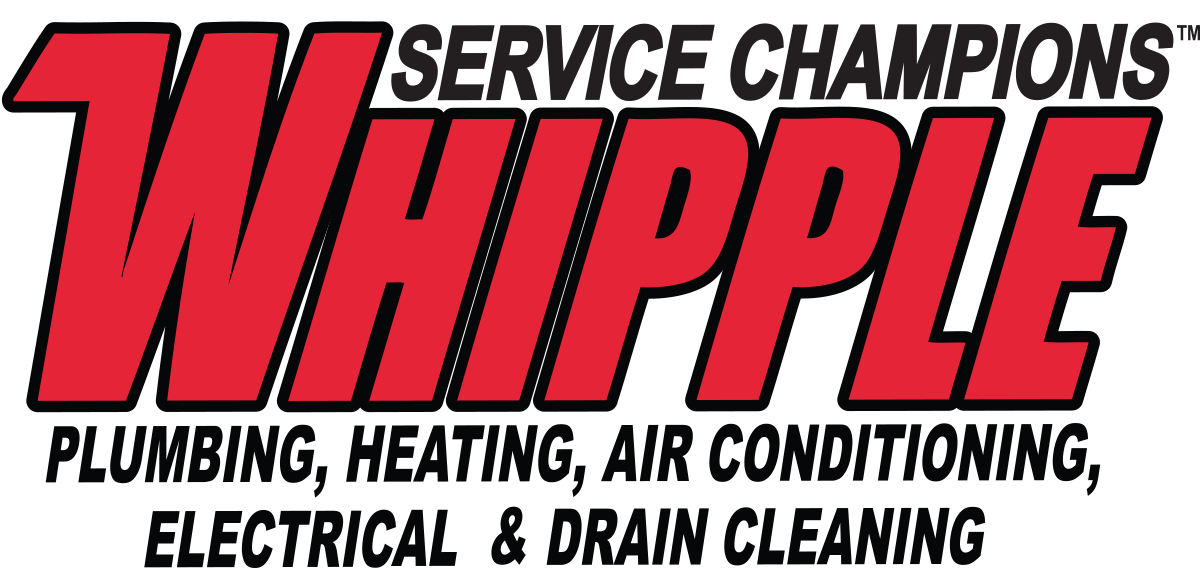Posted
January 3, 2019
Now that winter is here and things are getting really chilly outside, you likely won’t be needing to water the garden or use the sprinklers for a little while. It is likely time to winterize them and get them ready for next year. Unfortunately, every year homeowners have to deal with the cold temperatures wrecking things like irrigation systems and outdoor faucets. We are here to help!
The first step is to disconnect the water supply to your sprinkler/irrigation system. Allowing water to still flow into those pipes and hoses is a sure-fire way to get them to freeze which will prove to be a costly repair. Be sure to disconnect ALL hoses and drain all of the water out, and bring them inside or into the garage. Anything that can be disconnected such as splitters, hose rings, secondary sprinklers, etc. should be removed and drained. Also, be very sure to do this rather than later. It only takes one night with temperatures below freezing to destroy your pipes.
After you have cut the water supply to all of the outdoor amenities, now is the time to go about two main things. First, make sure that any leaks are caught sooner rather than later. This will save you a ton of headache when spring comes around. Second is to drain out all pipes. Many people will go to the lengths of shutting off entire lines for the season to make sure no water remains and minimizing their risk of having a line lock up or burst on them. Draining them earlier in the season will make sure that you don’t run any risk of having a frozen pipe when you try to drain it out.
If you want to protect the outdoor faucets and take extra care of your home, you can insulate all of the lines outside. This is a smart move to make, because if a line does leak or burst and you don’t catch it soon, it can easily rack up hundreds- if not thousands of dollars in damage. Protect the outdoor faucets with covers that will insulate them thoroughly then, for added protection, insulate the cover as well. Most of these hose-bibs are not completely weather proof and will benefit from frost coverage in the most frigid of months. This is extra beneficial if you live in extremely cold places where temperatures regularly dip into negatives. If your area is often effected by severely cold weather and frost covers, be sure to double up on your insulation coverage.
Best of luck this cold winter season, and we will be ready for Spring soon!



